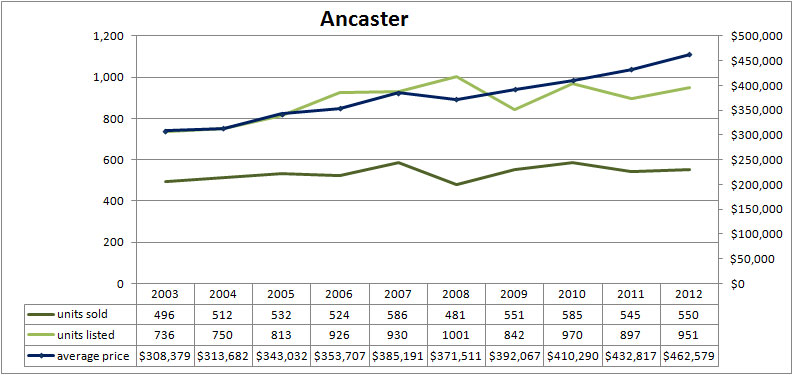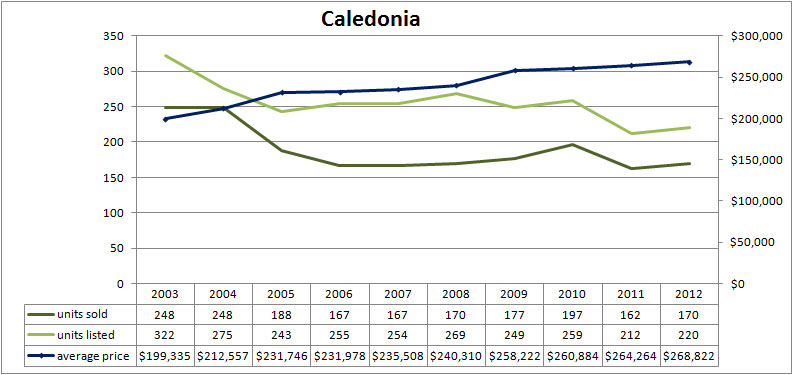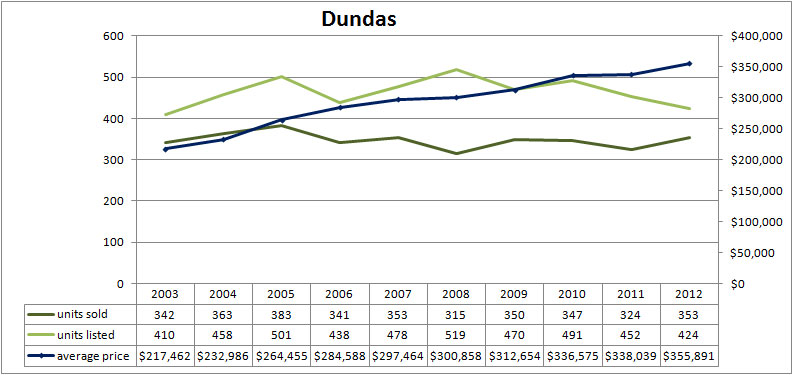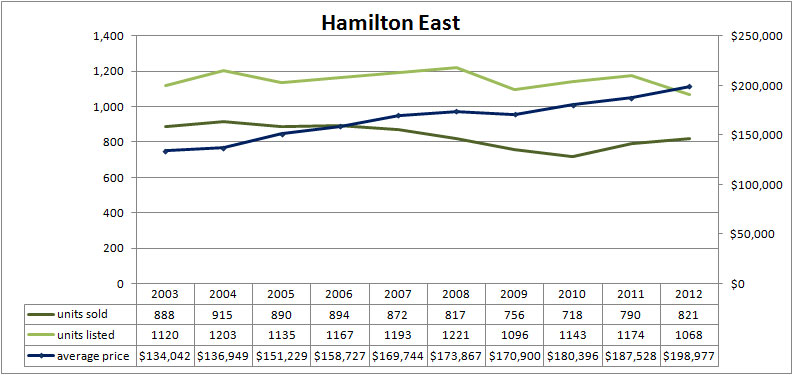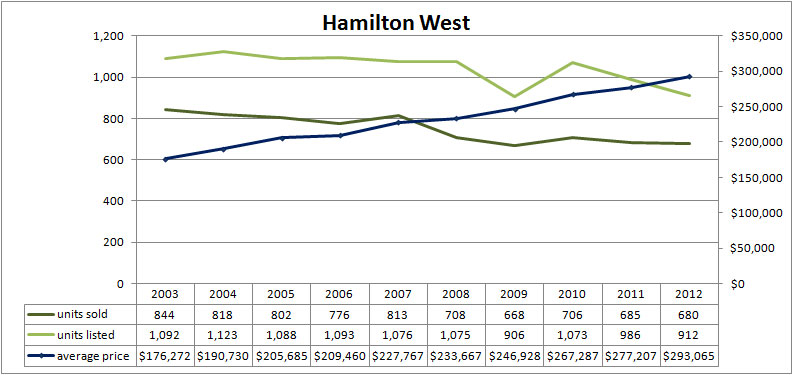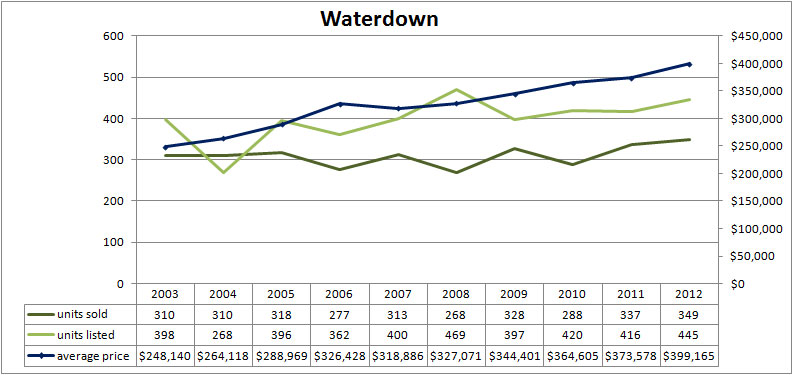
By:Todd Fryer, Broker
Century 21 Aberwin Realty Inc.
www.toddfryer.com
If you were going to sell your home tomorrow, how would you go about finding a real estate agent? Would you choose someone whose name you’ve seen before, in advertisements or on for sale signs? Would you call a real estate office and ask to be contacted by someone at random? Or would you turn to family, friends and colleagues and ask for recommendations?This is one of the biggest purchases you’re ever going to make, so it’s a good idea to ask around. Even with a referral from a trusted source, it doesn’t hurt to ask the agent a few key questions.
1. Are they a member of the local real estate board or association?
2. Is your agent currently licensed and in good standing?
3. Does the agent belong to the Multiple Listing Service (MLS) and/or a reliable online homebuyer’s search service?
4. Is your broker and salesperson insured?
5. How will the agent help you accomplish your goals? Will they show you homes that meet your requirements and provide you with a list of the properties he or she is showing you? Or if you are selling, how will they market your home? Will they plan any open houses?
6. Is the agent you sign on with actually the one who will be showing your home or bringing you to see other homes?
My answer to all these questions is YES
It can’t hurt to start paying attention to the listing signs in your neighbourhood and how quickly a ‘sold’ sign appears. Results matter most!
If you aren't having any luck finding an agent, attend a few open houses and watch how the agent works. Do they seem like someone you would like to work with? Are they helpful and knowledgeable about the home they are showing? Chances are if they are doing a good job for someone else, they will do a good job for you too!
Give me a call I can help!

























.jpg)





